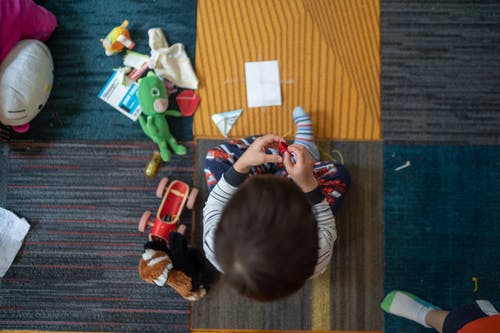College is supposed to be the best time of your life, but it doesn’t always work out that way. You can help your child through high school, see that he graduates with great grades and a chance to go to any college he wants. You can manage the financial situation, giving him enough support so he feels loved but enough freedom so he begins to experience adulthood. You can shower him with gifts from home, trick out his dorm room and even buy him a tablet device for his school work, or you can keep your distance and let him feel out his independence at his own pace. But regardless of the choices you make, your child could still be miserable. Depression can be genetic, can be triggered by an experience or the environment, or could crop up for any number of reasons medical science doesn’t really understand. And while there may not be a ‘cure’, there are ways to treat it. The last thing you want is for your child to be stuck in misery without his family’s support. Here are five signs your college kid might be suffering from depression, so you can address the situation in a timely manner.

One obvious sign is if your child doesn’t seem interested in what he used to love. This is why it is crucial that you stay in touch with your college-aged child, and ask him about his normal schedule. If your child used to love playing sports, for example, but gives up his spot on a team for no good reason, that could be a sign of depression. The same goes for anything he previously enjoyed doing. It could be something as simple as meeting friends for coffee. Even basic activities can be painful when you’re suffering from depression.If your child is having trouble concentrating in class or remembering things, that’s another clear warning sign. This is usually due to the fact that his mind is cluttered with painful and depressing thoughts. The everyday seems to lose meaning, so it just doesn’t stick in the memory as well. You should also keep an eye out if your normally decisive child suddenly has difficulty making decisions. Inaction is a clear sign of depression, and should be addressed.
The toughest sign to uncover is a lack of energy. College students often don’t get enough sleep, and can be downright exhausted most of the time. If you notice that your child is tired every time you speak, check in about their schedule. Try and figure out if their lack of energy is due to a hectic schedule, or if they are getting enough sleep and should be fine. People battling depression often sleeps excessively or not at all, but can be tired in either extreme.
If you have any concern that your child may be depressed, make sure you visit him in person every so often. Significant weight gain or loss is another sign of depression. Perhaps they just aren’t hungry any more, which goes back to a lack of pleasure in everyday activities. Or they might be self-medicating by overeating. This is also tricky, because even healthy college students can easily gain that “freshman fifteen”. Just watch as things develop, and act if dangerous weight loss is revealed.Another key sign of depression is if your child has regular thoughts of dying, or has contemplated suicide. Discovering this symptom is going to be next to impossible. Unless your child is getting his online masters in marketing he’s probably living on campus, and you won’t see him all that often. Either way he will try his best not to talk about these things with his parents. Look for subtle ways to get him talking about death. And if he regularly brings it up or mentions suicide at all, get your child help right away. Depression is a serious issue, but suicide is a ‘solution’ that cannot be reversed.





